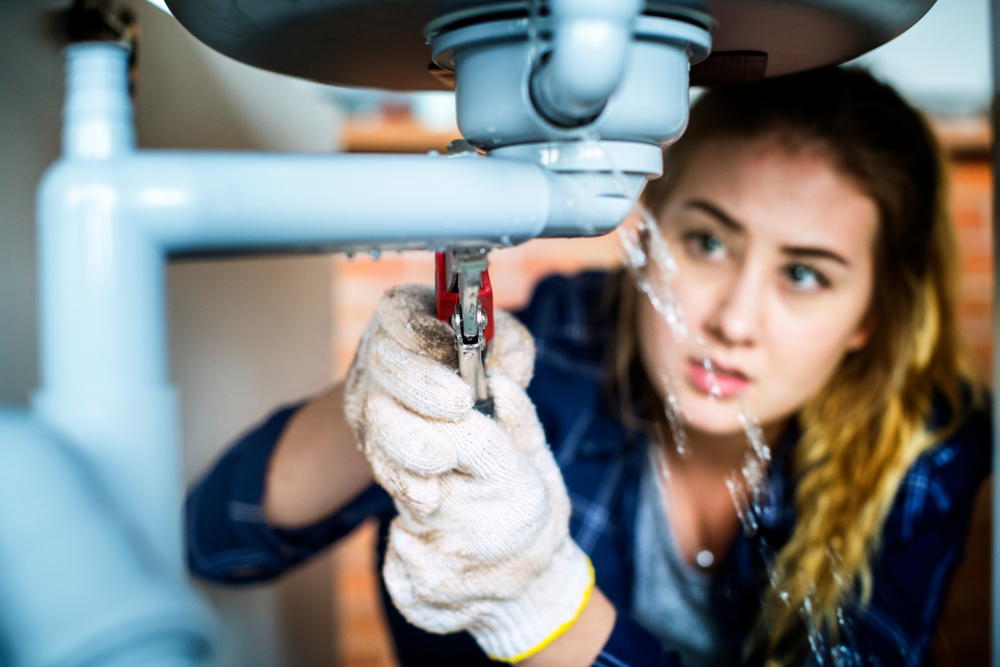The replaceable battery water sensor is a significant technological advancement in the realm of water leak detection, offering solutions to one of the industry's most pressing challenges: ensuring reliable and uninterrupted operation. For those in the Industry QA sector, the potential of these sensors is unparalleled, providing insights into leak detection and mitigating risks associated with water damage.
These water sensors, designed with replaceable batteries, present an innovative approach to device sustainability and longevity. Unlike traditional water sensors that often need full replacement when the battery dies, these sensors simply need a battery swap, saving time, money, and resources. For QA professionals, this adds a layer of convenience and ensures devices remain operational with minimal downtime.

Understanding the Functionality of Replaceable Battery Water Sensors
Water sensors are integral devices in detecting potential water leaks before they escalate into significant problems. By alerting users of leaks or water presence, they help prevent extensive water-related damage. The replaceable battery aspect is particularly crucial as it enhances the device's lifespan and ensures consistent monitoring capabilities.
Whether in residential settings or large industrial applications, the convenience of swapping out a dead battery instead of replacing the entire unit is invaluable. This feature not only extends the device's usability but also aligns with sustainable practices by reducing electronic waste.
The Role of Water Sensors in Industry QA
In the QA industry, ensuring that water sensors accurately detect leaks is vital. These sensors, with their replaceable battery feature, allow QA professionals to test and validate products over longer periods without interruption. This continuous operation is essential for providing reliable data and analysis for long-term studies and evaluations.
Additionally, the ability to change batteries without hassle means that tests can proceed without costly delays, making them a preferred choice for industrial applications focused on quality assurance.
Latest Trends in Water Sensor Technology
Recent developments in water sensor technology have focused on smart capabilities and energy efficiency. The rise of smart home systems has influenced the design and function of water sensors, making them more interconnected and intelligent. Many modern sensors now integrate with home automation systems, allowing for remote monitoring and control, which is highlighted in various insights such as those from smart pipe leak detection, long battery life leak detectors, and low battery alert sensors.
Moreover, advancements in battery technology mean longer life spans for replaceable batteries, requiring fewer replacements over time. This evolution supports sustainability efforts and lowers the overall cost of maintenance for these devices.
Why Choose Sensors with Replaceable Battery?
Choosing a water sensor with a replaceable battery is a smart decision for several reasons. Firstly, it ensures that the device can continue to function beyond the lifespan of a single-use battery, offering long-term value and reliability. Secondly, from an environmental perspective, fewer sensors are disposed of when batteries expire, reducing electronic waste.
For QA professionals specifically, these sensors provide a consistent and uninterrupted stream of data, crucial for conducting thorough and accurate quality assessments. The ability to replace batteries quickly and efficiently also contributes to reducing downtime during critical testing phases.
Implementation in Various Settings
The applications for replaceable battery water sensors span both residential and commercial environments. In homes, they can be installed in leak-prone areas such as basements or under sinks, providing peace of mind to homeowners aware of potential water damage issues. In commercial settings, they are invaluable in high-stakes areas such as data centers and industrial facilities where preventing water damage is critical.
For an in-depth look into the pros and cons of smart leak detection systems, visit this guide featuring how these systems work and their benefits.

FAQ Section
How often should the replaceable battery be changed in a water sensor?
The frequency of battery replacement depends on the model and usage level. However, generally, it is recommended to check the battery every year or as advised by the manufacturer.
Can a water sensor be integrated with other smart home devices?
Yes, most modern water sensors can be integrated with smart home systems for enhanced monitoring and control capabilities.
What are the main advantages of a replaceable battery water sensor?
The main advantages include increased device lifespan, reduced electronic waste, and uninterrupted operation, ensuring reliable water leak detection.






